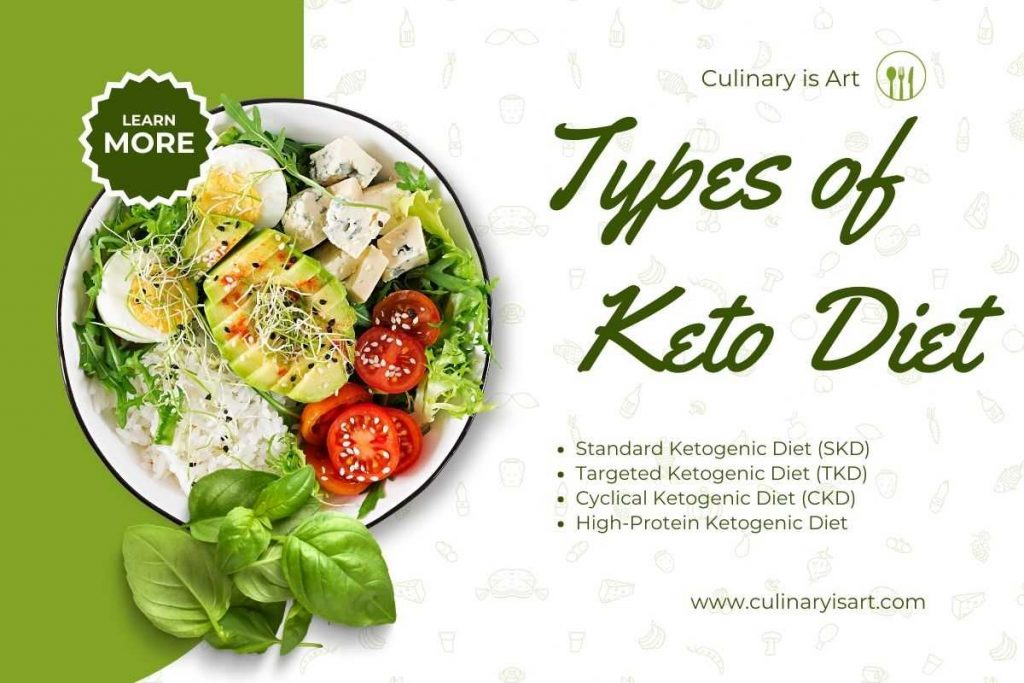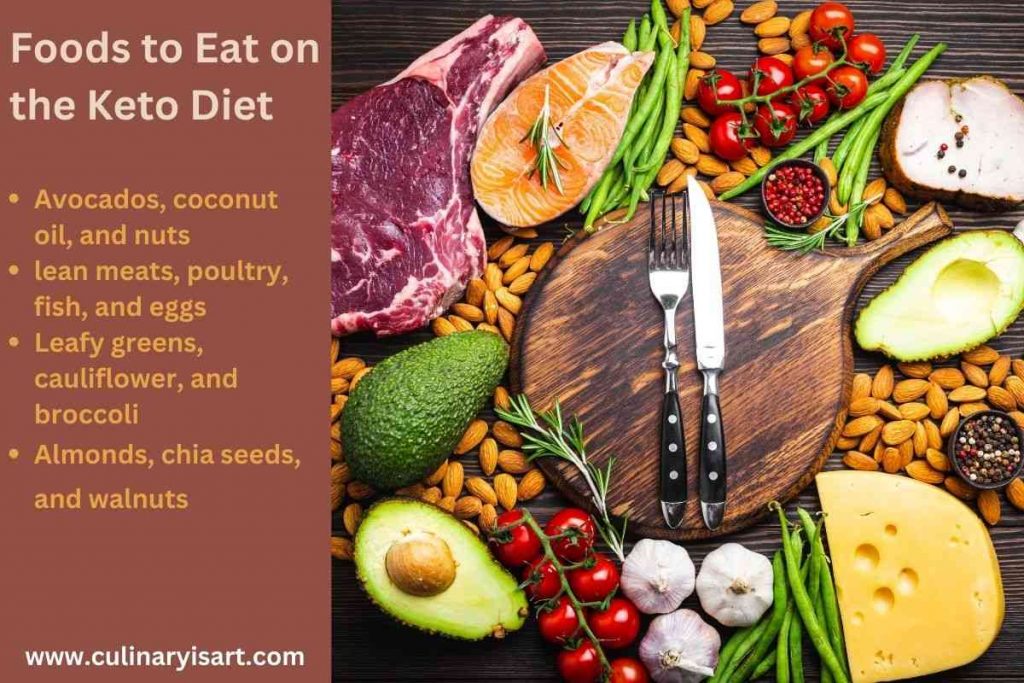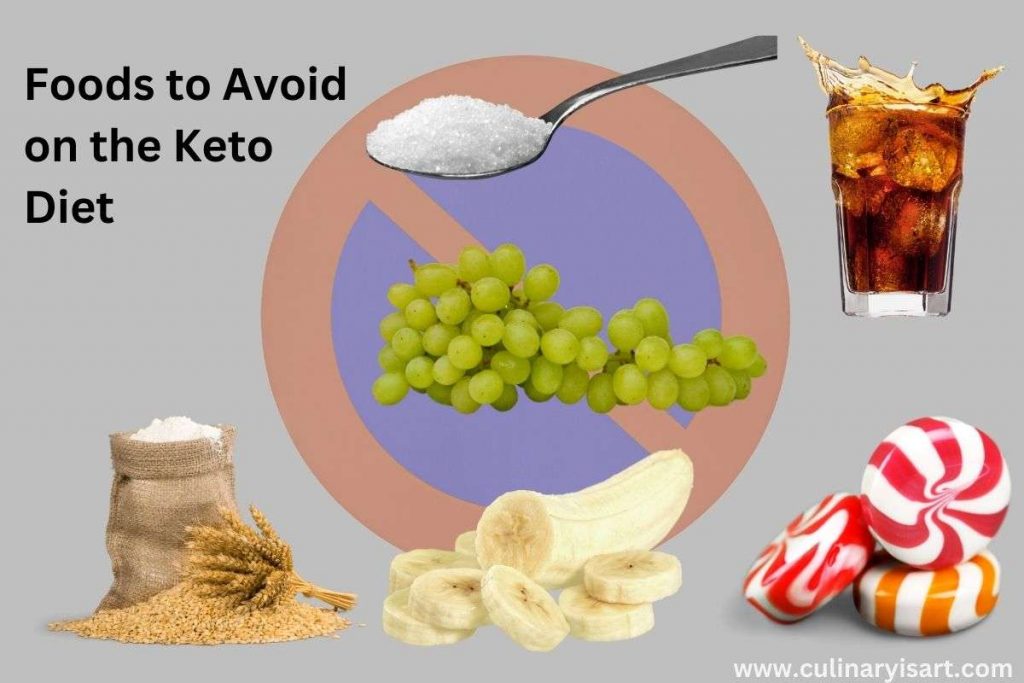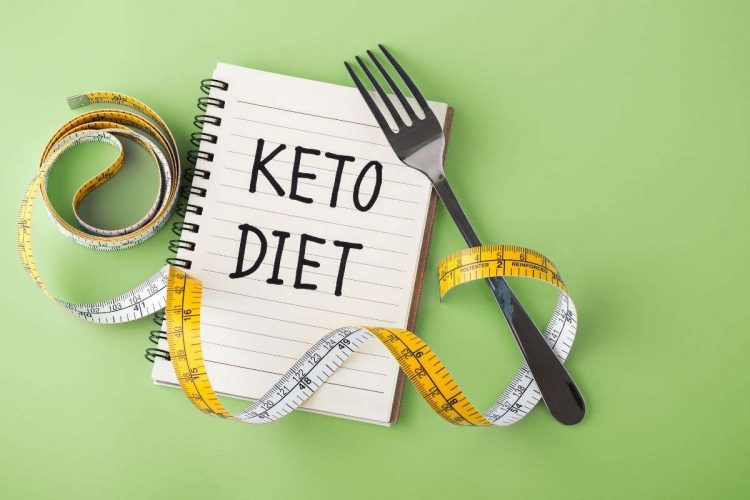The world of diets is vast and varied, with one approach gaining significant attention in recent years: the ketogenic diet, often referred to simply as the “keto diet.” This article explores the basics, potential advantages, and starting steps of this dietary approach.
Introduction to the Keto Diet
The keto diet is a high-fat, low-carbohydrate diet that encourages the body to enter a state of ketosis. Ketosis is a metabolic state in which the body predominantly burns fat for energy instead of carbohydrates. In the 1920s, researchers originally developed this diet to treat epilepsy, but in recent years, it has gained popularity due to its potential for weight loss and health benefits.
Understanding Ketosis
A significant reduction in the body’s carbohydrate intake causes a shortage of its primary energy source, glucose, leading to the occurrence of ketosis. Consequently, the body initiates the breakdown of fats into molecules known as ketones. These ketones are subsequently utilized as an alternative energy source.
The Science Behind the Keto Diet
The fundamental principle behind the keto diet is to shift the body’s metabolism from relying on carbohydrates to relying on fats. By significantly reducing carbohydrate intake and increasing fat consumption, individuals force their bodies to adapt and utilize ketones for energy.

Types of Ketogenic Diets
There are several variations of the keto diet to suit different lifestyles and goals:
Standard Ketogenic Diet (SKD)
The SKD is the most common version of the keto diet. It involves consuming approximately 70-75% of calories from fat, 20-25% from protein, and only 5-10% from carbohydrates.
Targeted Ketogenic Diet (TKD)
The TKD allows for slightly higher carb intake around workouts, making it a preferred choice for individuals engaging in regular high-intensity exercise.
Cyclical Ketogenic Diet (CKD)
CKD involves cycles of higher-carb days, which may be suitable for athletes and bodybuilders seeking to replenish glycogen stores.
High-Protein Ketogenic Diet
This variation emphasizes higher protein intake, with macros typically around 60-65% fat, 30-35% protein, and 5-10% carbohydrates.
How the Keto Diet Works
Significant alterations to your macronutrient intake are required when following this dietary approach. This includes:
Reducing Carbohydrate Intake: Carbohydrate intake is drastically reduced to push the body into ketosis. This means avoiding foods high in sugar and starch.
Increasing Healthy Fats: Healthy fats such as avocados, nuts, and olive oil become the primary source of calories.
Moderate Protein Consumption: Protein intake is moderate, as excessive protein can potentially be converted into glucose, hindering ketosis.

Health Benefits of the Keto Diet
This diet offers several potential benefits beyond just weight loss:
Weight Loss and Management: Keto’s low-carb nature can lead to rapid weight loss and effective weight management.
Improved Blood Sugar Control: The diet may help regulate blood sugar levels and reduce the risk of type 2 diabetes.
Enhanced Mental Clarity: Some individuals report improved focus and mental clarity when in ketosis.
Potential Heart Health Benefits: Certain heart disease risk factors like body weight, HDL cholesterol levels, and blood pressure might improve.
Epilepsy Management: This diet continues to be used as a treatment for epilepsy, especially in drug-resistant cases.
Getting Started with the Keto Diet
Before starting the keto diet, it’s essential to understand how to begin the journey:
Calculating Macronutrient Ratios: Determining the right balance of fats, proteins, and carbohydrates is crucial. Online calculators can help with this.
Creating a Keto-Friendly Meal Plan: Plan meals that are rich in healthy fats, lean proteins, and low-carb vegetables.
Overcoming Keto Flu: The transition to ketosis can sometimes cause flu-like symptoms, known as keto flu. Staying hydrated and ensuring adequate electrolyte intake can help alleviate these symptoms.

Foods to Eat on the Keto Diet
Focus on consuming the following foods:
Healthy Fats: Avocados, coconut oil, and nuts are excellent sources of healthy fats.
Lean Proteins: Opt for lean meats, poultry, fish, and eggs.
Non-Starchy Vegetables: Leafy greens, cauliflower, and broccoli are great choices.
Nuts and Seeds: Almonds, chia seeds, and walnuts add crunch and nutrition to your diet.

Foods to Avoid on the Keto Diet
Stay away from these foods:
Sugary Foods: Candies, sodas, and sugary desserts are high in carbohydrates.
Grains and Starches: Avoid wheat, rice, and other grains.
Most Fruits: Fruits like bananas and grapes are high in sugar.
Processed Foods: Processed foods often contain hidden sugars and unhealthy fats.
Is the Keto Diet Right for Everyone?
The suitability of the Keto Diet varies based on individual circumstances. Pregnant or breastfeeding individuals, athletes with high carb demands, and certain medical conditions should approach with caution. However, for those seeking weight loss, improved blood sugar control, or enhanced mental clarity, this diet can be beneficial. Consulting a healthcare professional is essential before embarking on any dietary changes.
Potential Side Effects
Keto Flu: During the transition to ketosis, some may experience fatigue, headaches, and irritability.
Digestive Issues: A sudden increase in dietary fats can lead to digestive discomfort.
Cholesterol Levels: While some experience improved cholesterol levels, others might see a temporary increase.
Frequently Asked Questions
You can follow the keto diet long-term, but it’s crucial to take individual factors into account and seek advice from a healthcare professional. Some people find success in maintaining a keto lifestyle, while others might opt for cyclical or targeted variations to accommodate their needs.
While supplements are not mandatory, some individuals on the keto diet choose to take electrolytes, such as magnesium, potassium, and sodium, to counteract potential deficiencies due to increased water loss. It’s advisable to consult a healthcare provider before starting any new supplements.
Yes, the keto diet can be effective for weight loss due to its ability to shift the body into ketosis, where it burns fat for fuel. The reduced carbohydrate intake can lead to decreased insulin levels and appetite, contributing to weight loss. However, individual results may vary.
Occasional deviations from the keto diet, commonly referred to as “cheat days,” can disrupt ketosis and slow progress. While a small indulgence once in a while might not have long-lasting effects, frequent cheats can hinder the body’s ability to adapt to fat-burning.
Although some studies have delved into the potential benefits of the Paleo Diet, we require further research to completely comprehend its long-term effects and to make comparisons with other dietary approaches. The scientific community continues to investigate its impact on health and well-being.
Conclusion
The keto diet offers a unique approach to nutrition by shifting the body’s primary energy source from carbohydrates to fats. While it presents potential benefits, it’s important to approach it with awareness and an understanding of your body’s needs. Tell me what you have learned in this blog.
Also Read: What is Paleo Diet?
Victoria Cornell is an experienced entrepreneur and blogger. She loves to write about a variation of topics including, motherhood, recipes and mindset and manifestation!


























I think I am going to start keto diet.